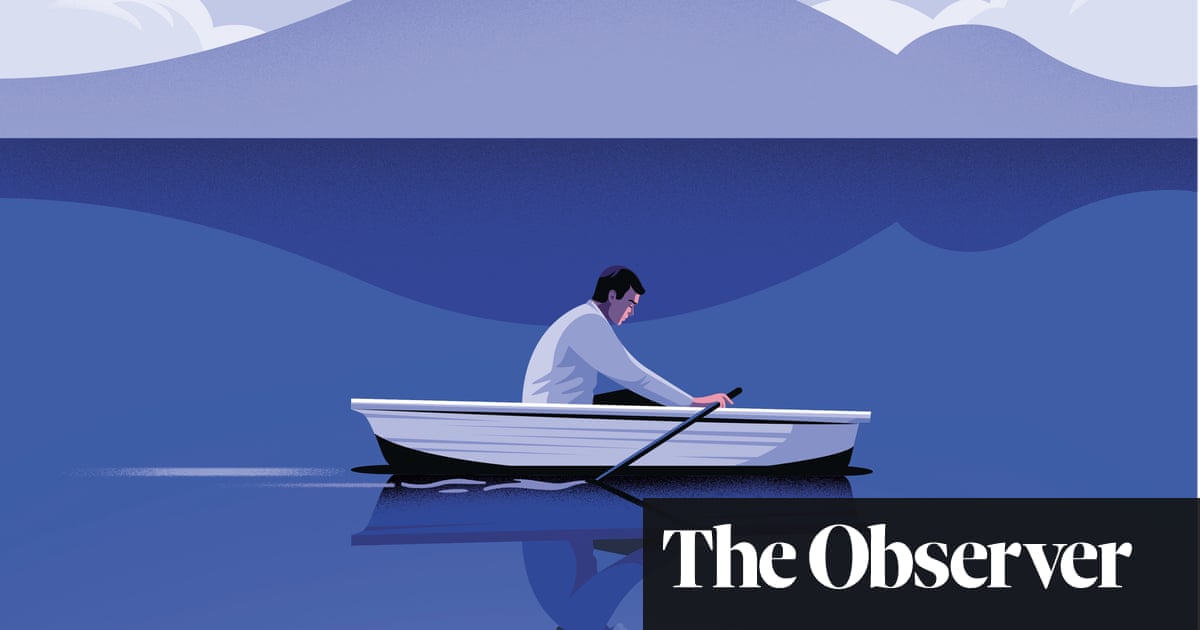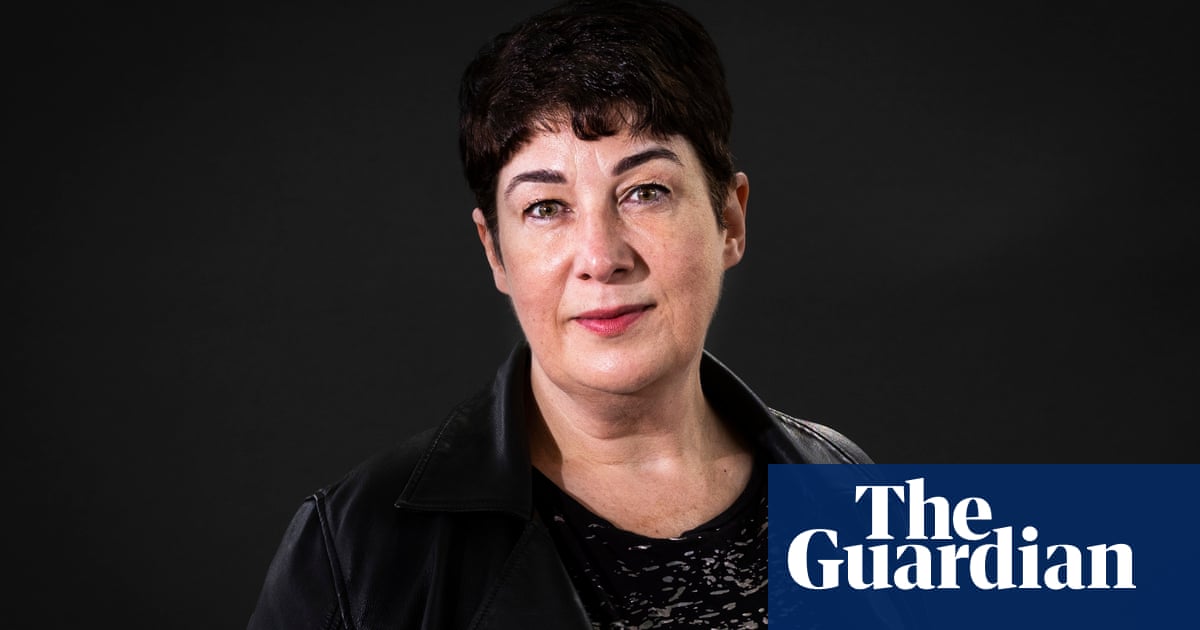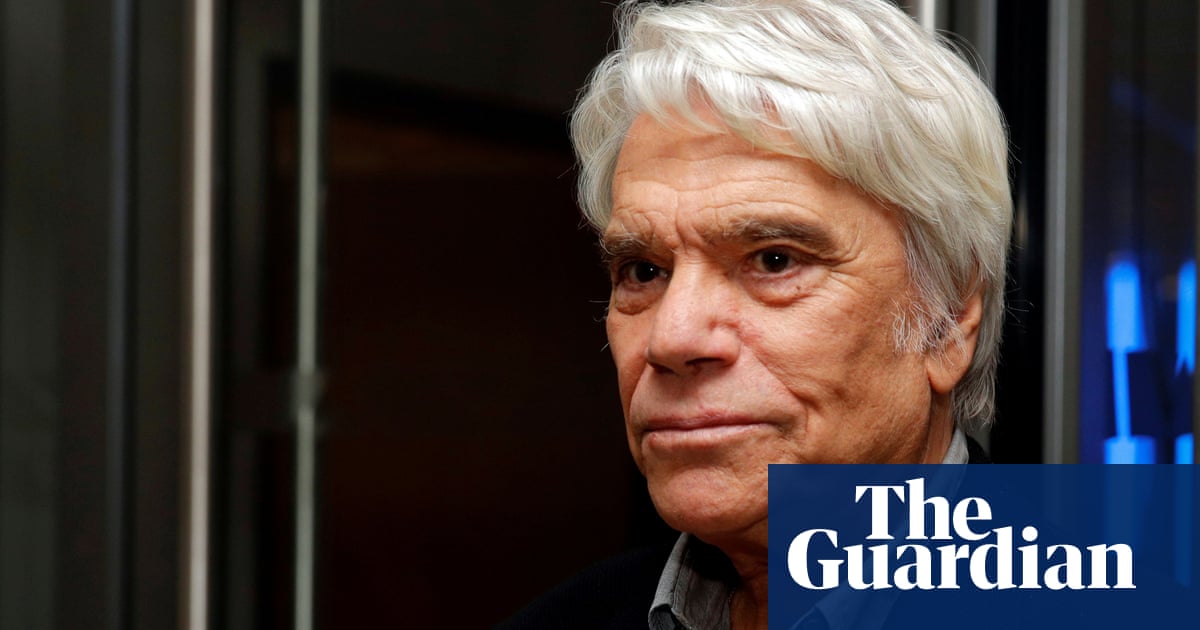
ernard Cornwell, one of the world’s bestselling historical novelists, author of more than 50 books with 25m sales around the world, wrote his first book because he couldn’t get a green card. Cornwell, at that point the BBC’s head of current affairs television in Northern Ireland, had left his job for love – following Judy, a visiting American he’d fallen head over heels for, back to the US.
“I used to have a proper job,” says Cornwell, speaking on the phone from Cape Cod. “And 40 years ago I threw it up and said to Judy, ‘Don’t worry darling, I’ll write a novel.’” With sly humour, he adds: “You know as well as I do, journalists all think they can write a novel.”
Cornwell was one of the journalists who actually could. A huge fan of CS Forester’s Hornblower, Dudley Pope, Alexander Kent and Patrick O’Brian, he realised that “all these guys are making a living out of telling how the Royal Navy beat up Napoleon”. Why wasn’t anyone doing it for the army? So he created Richard Sharpe, a soldier, hero and rogue born into poverty who fights his way up the army’s ranks, his face “given a mocking look by the scarred left cheek”. Today, the bestselling books – and the TV adaptation starring Sean Bean – have given Sharpe an unassailable place in our literary canon; back in 1980, however, Cornwell landed on his hero’s name somewhat haphazardly, by adding an “e” to the name of the English rugby player. (“I thought once I’ve got the real name I’ll go through and cross out Richard Sharpe, but it stuck.”)
Book written, he found representation after hassling Toby Eady, a literary agent he met by chance at a Thanksgiving party in New York. “He said, ‘It must be a fucking awful novel,’ and walked away, but I went up to him again, almost on my knees, and said ‘Please, please will you read my book?’” Eady eventually agreed, landed him a seven-book contract with HarperCollins within a few weeks, and the rest is history: HarperCollins is still Cornwell’s publisher, and Eady was still his agent until his death two years ago.
“I look back on it and I think this was insane. One, moving to America without a job, and two, throwing myself on the mercy of writing a novel. But here I am 40 years later,” he says. “And Judy and I have been married 40 years now, too, so it seems to have worked out all right.”
Cornwell has been writing and sailing his way through lockdown. The world was just shutting down in March when he put the finishing touches to War Lord, the final book in his The Last Kingdom series, about Alfred the Great’s dream to unite the four Saxon kingdoms of Wessex, Mercia, East Anglia and Northumbria to form England.
Cornwell has told the story of Uhtred, the English heir to Bebbanburg (or Bamburgh) over 13 books; after being captured and raised by Danes, he serves Alfred and ultimately fights to reclaim his home. War Lord, which concludes the series, sees Cornwell, in his typically intelligent and brutal fashion, focus on the battle of Brunanburh in 937AD, after which the Saxons incorporated Northumbria into their own country, and England – Englaland, land of the Angles, in the novels – came into existence. The novel is dedicated to Alexander Dreymon, who plays Uhtred in the BBC and Netflix’s adaptation of The Last Kingdom, which has just been renewed for a fifth season. (Cornwell loves it, although he has had no involvement other than having his throat cut by Uhtred in one episode.)
The author, who studied history at UCL, had long wanted to tell the story of the making of England. “It always struck me as very odd that it wasn’t better known,” he says. “I think I got a very good education in history when I grew up in England, but nobody ever told me this. Primary school sort of taught me about King Alfred, but basically all you’re told is that he was a very bad baker. Somehow we’ve sort of forgotten the Anglo-Saxon period.”
A family reunion put him on the right path. Cornwell was adopted and raised by a family in Essex who belonged to a religious sect called the Peculiar People. His birth father was a Canadian airman and his mother was part of Britain’s Women’s Auxiliary Air Force. While on a book tour in Canada, he found his father, whose surname was Oughtred. He showed Cornwell a family tree which stretched back to the seventh century.
“I saw this name Uhtred. He said they lived at Bamburgh castle. Once I realised I was descended from this man who was the Lord of Bebbanburg, that was it,” says Cornwell. “I had to write a book about the creation of England. Most historical novels have a big story and a little story, and the big story is the true story. I didn’t see a way into that little story until I met my real father.”
Like all of Cornwell’s books, War Lord ends with a historical note laying out the real history behind his tale. This one delves into the ongoing search for the real location of the battle of Brunanburh, and the evidence found by Wirral Archaeology which places it firmly on the Wirral – or as Cornwell writes, rather delightfully: “The quickest way to locate the battle site is to say that if you are driving north on the M53 then the slaughter took place just to the north and west of Exit 4.”
“It’s extraordinary that for hundreds of years, nobody has known where Brunanburh was fought,” says the author, who went to the Wirral last summer to meet the archaeologists working there. “I’m quite sure they have found the site.”
His books, he admits, are nearly all written in the same way – big story in the background, little one in the foreground. “Sometimes, though, you’re in so much trouble that you just make it all little story, and just hope the background is authentic,” he says. “I do play merry hell with history at times, but I always admit to it. I think you have to. Historical fiction is a gateway to real history, and I think you owe it to the reader to say look, you can find out more by following these clues.”
It’s a strange, sad feeling saying goodbye to the characters he’s brought to life for so long. “I’ve lived with Uhtred for the best part of 15 years now, and suddenly he’s no more in my head. It’s a strange feeling. I was fond of the man,” he says.
There will be no more Uhtred stories, but Cornwell is currently writing another Sharpe novel, the first since 2006’s Sharpe’s Fury. “I’m enjoying it! I’m telling the story of what happened immediately after Waterloo, so it will take Sharpe to Paris. He’s on pretty good form,” he says. “I think there might be another couple after this one – I left some gaps in his life that can be filled in.”
Cornwell starts writing at around six in the morning and works through until five, only stopping for lunch and a dog walk. “As long as I’m alive I’m sure I’m going to want to go on writing,” he says. “Though part of me dreads the thought of starting another series. I mean, I’m 76! And I’d have to do 10 books – that takes me to 86, and it’d be a pity to start a series and not finish it.
“But think of what my job is. I tell stories, it’s glorious. The joy of reading a book is to find out what happens, and for me that’s the joy of writing. I find out what happens too. I’ve got Sharpe in the middle of chapter three at the moment – I genuinely don’t know what he’s going to be doing next.”
War Lord by Bernard Cornwell (HarperCollins) is published on 15 October. To order a copy, go to guardianbookshop.com.












